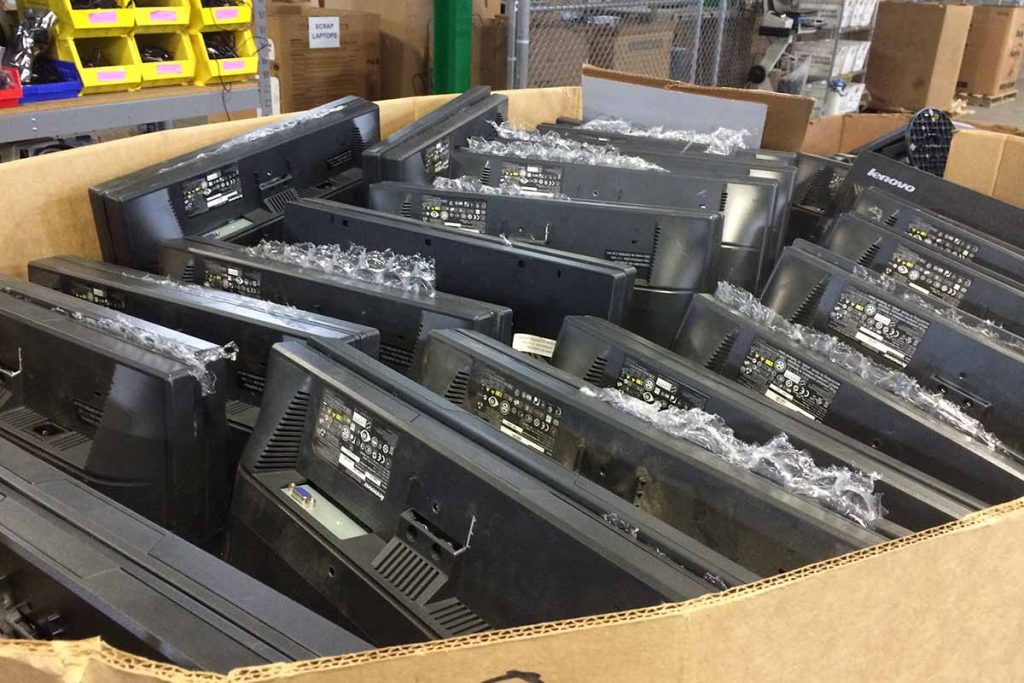
Because of business and public drop-off site closures and public anxiety about virus transmission, e-scrap collections are down across North America. | Dan Leif/ Resource Recycling, Inc.
The coronavirus pandemic has led to major reductions in the collection of used consumer electronics across North America, with some recycling companies reporting volume drops up to 80%.


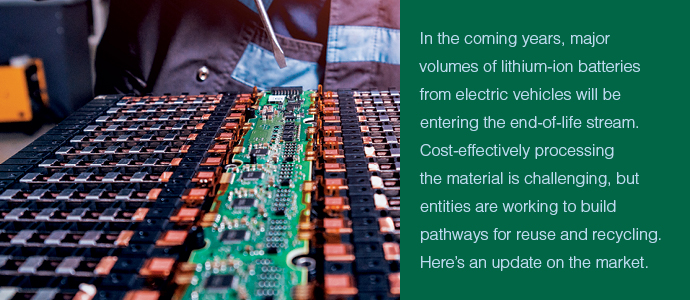
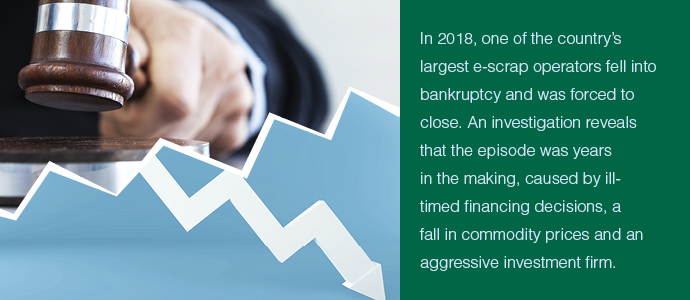

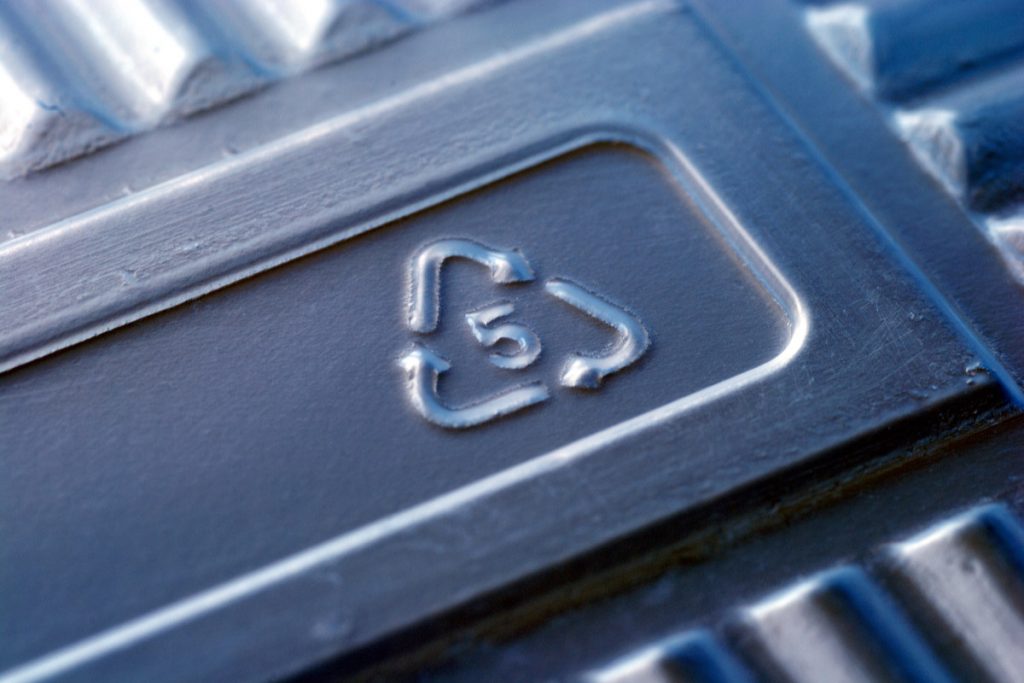
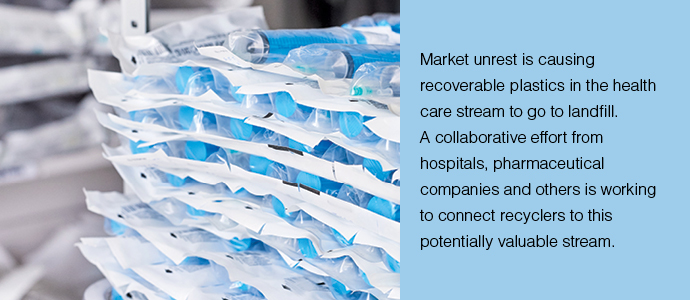
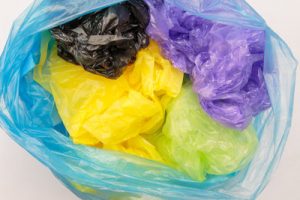 When it comes to plastic bag legislation, 2017 may be the storm after the storm. After the high-profile battle over California’s statewide plastic bag ban, legislators in at least 16 states have introduced bills related to bags this year.
When it comes to plastic bag legislation, 2017 may be the storm after the storm. After the high-profile battle over California’s statewide plastic bag ban, legislators in at least 16 states have introduced bills related to bags this year.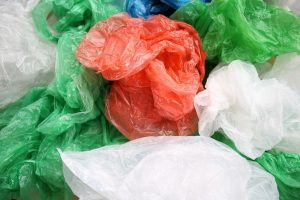 For years, Florida has prohibited local bans on plastic bags and EPS food-service products – or has it? A state judge recently ruled that the prohibition no longer applies and, in response, one city has passed a plastic bag ban.
For years, Florida has prohibited local bans on plastic bags and EPS food-service products – or has it? A state judge recently ruled that the prohibition no longer applies and, in response, one city has passed a plastic bag ban. California voters want a statewide ban on single-use plastics bags, and they’d like stores to keep the fees charged for paper and reusable bags, election results show.
California voters want a statewide ban on single-use plastics bags, and they’d like stores to keep the fees charged for paper and reusable bags, election results show.